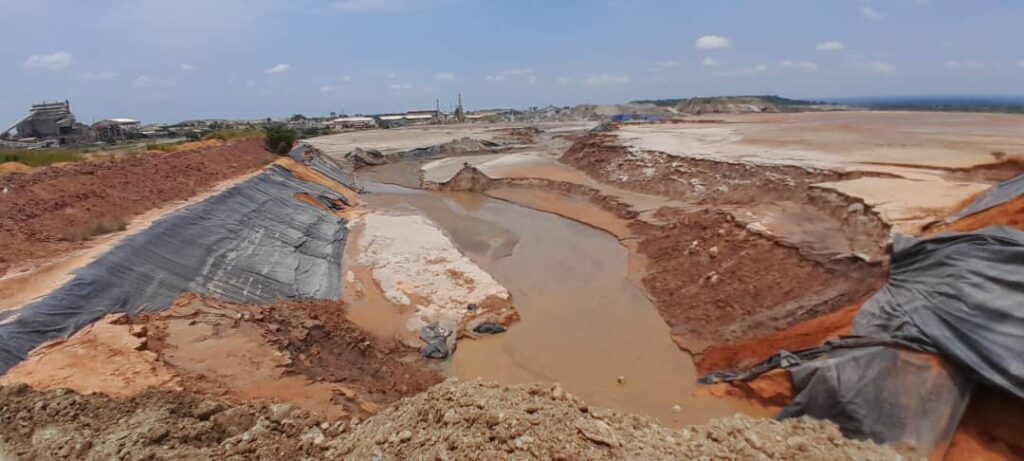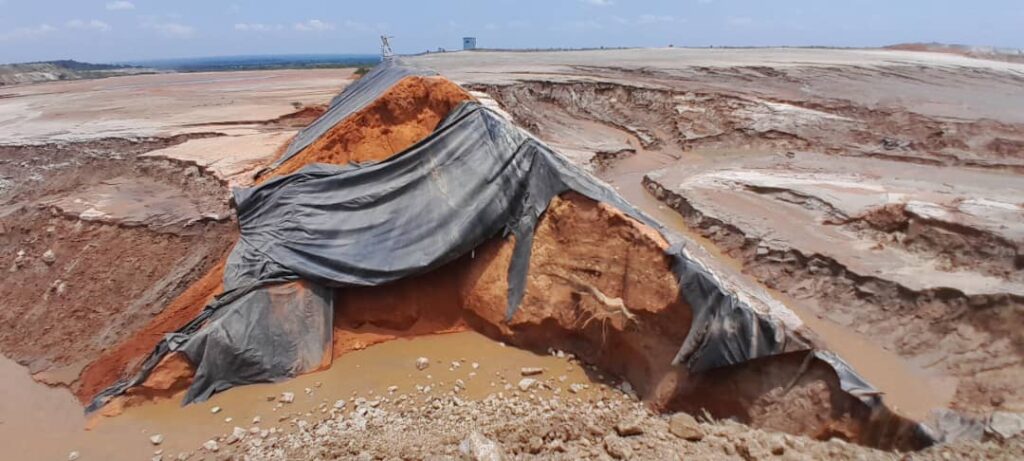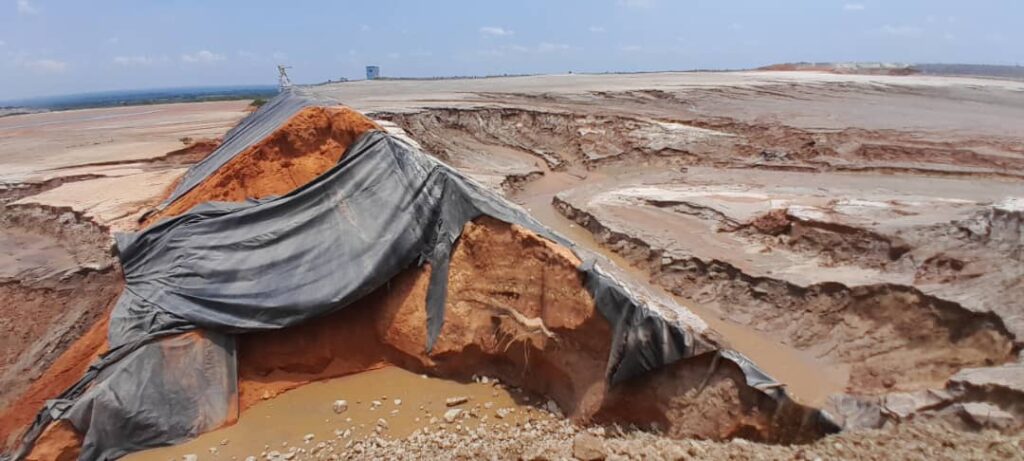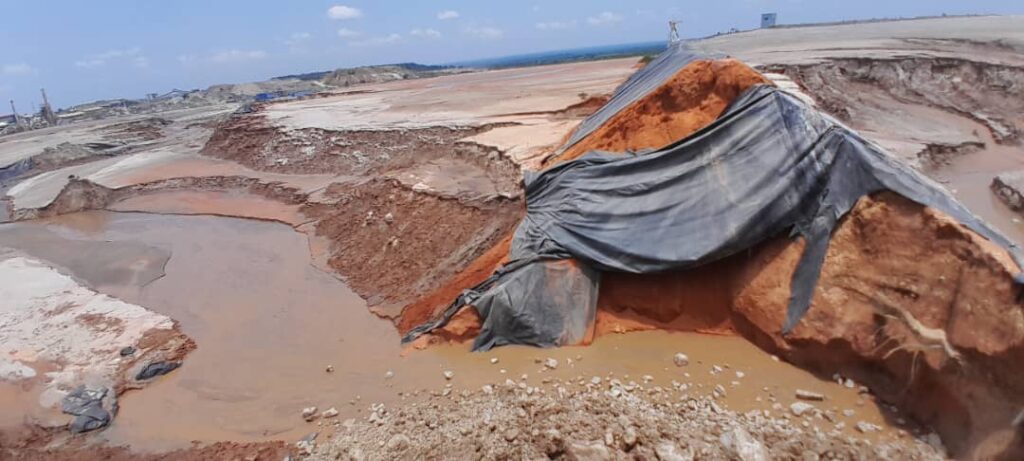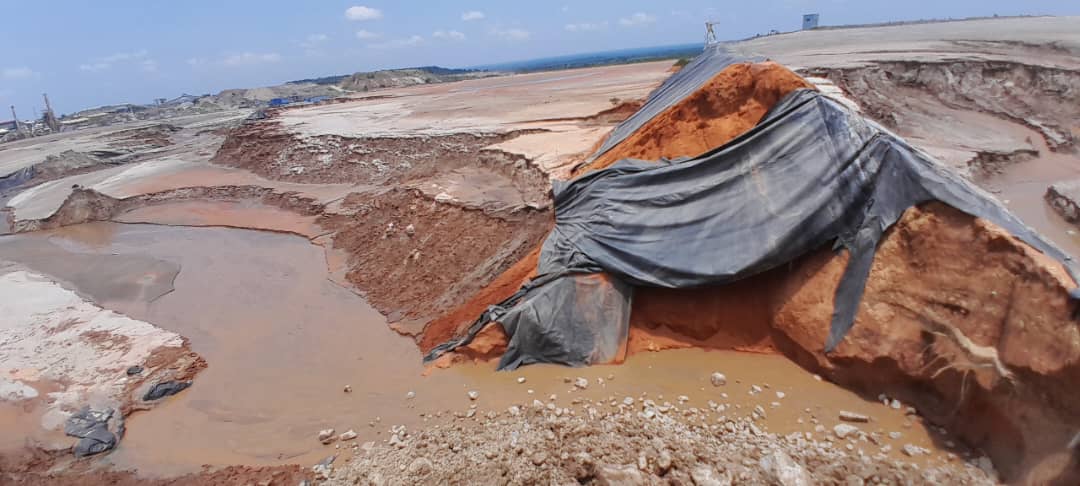Reported by: S. Ernest.
Date: 23rd February, 2025.
Lusaka, Zambia.
The Nkana Water Supply and Sanitation Company (NWSC) has temporarily suspended water supply to the entire city of Kitwe following the detection of high pollution levels in the Kafue River. This precautionary measure is aimed at safeguarding public health after the contamination of key raw water sources due to industrial discharge.
In an official statement, Hon. Eng. Collins Nzovu, MP, Minister of Water Development and Sanitation, confirmed that investigations conducted in collaboration with NWSC and environmental authorities have identified a mining company operating in the Copperbelt as the source of the pollution. Reports received on 18th February 2025 traced the contamination to Sino Metals in the Chambishi area of Kalulushi District, affecting both the Mwambashi and Kafue Rivers.
Preliminary assessments indicate that the failure of the mine’s tailings containment facility resulted in the discharge of acidic materials with high concentrations of heavy metals into the affected water bodies. In response, the Ministry, through the Water Resources Management Authority (WARMA), has intensified monitoring efforts and initiated immediate remedial measures.
To safeguard public health, NWSC has been conducting hourly water sampling and quality testing at critical locations, including:
Sabina Bridge (Mwambashi River)
Garneton Water Treatment Plant (Mwambashi River)
Bulangililo Water Treatment Plant (Kafue River)
Test results have confirmed a significant deterioration in water quality at the Bulangililo and Nkana East Water Treatment Plants, necessitating their temporary shutdown to prevent risks to consumers.
The Government remains committed to protecting public health and minimizing the impact of this crisis. To ensure uninterrupted access to safe water, NWSC will deploy water bowsers to supply hospitals and other critical institutions while ongoing mitigation efforts continue.
As part of a broader intervention strategy, NWSC has expanded water quality monitoring along the Mwambashi and Kafue Rivers. Additionally, coordinated efforts with key stakeholders are underway to contain the pollution source and restore water safety standards.
The Ministry strongly urges the public to refrain from collecting or consuming fish found dead in affected areas, as they may pose serious health risks due to contamination.
The public will be kept informed of further developments as the situation unfolds. The Ministry remains fully engaged in resolving this issue swiftly and effectively while prioritizing the safety and well-being of all communities.
The Agency.
